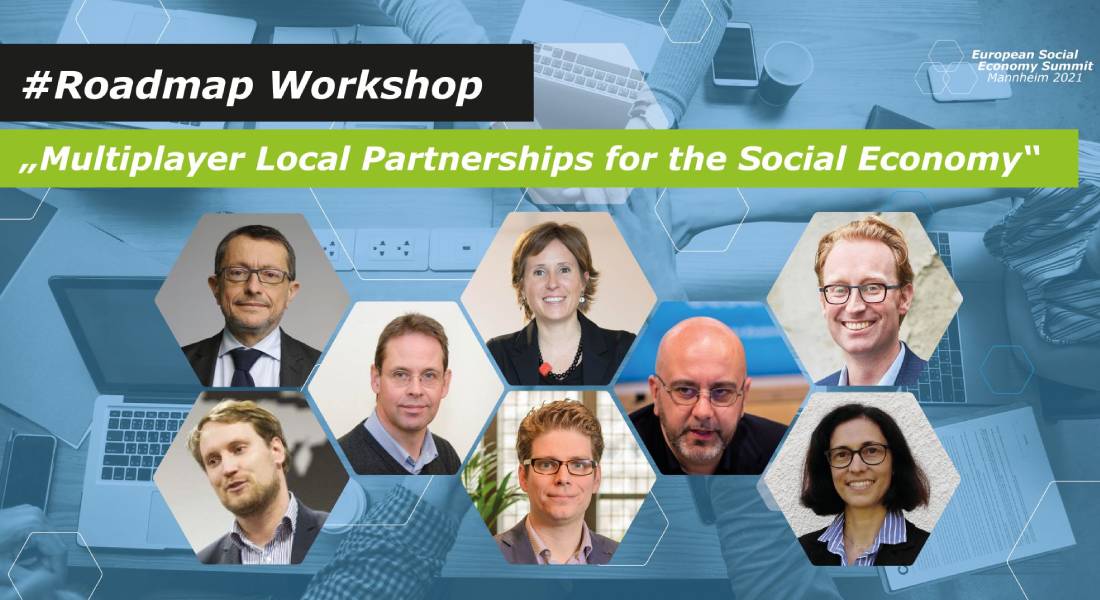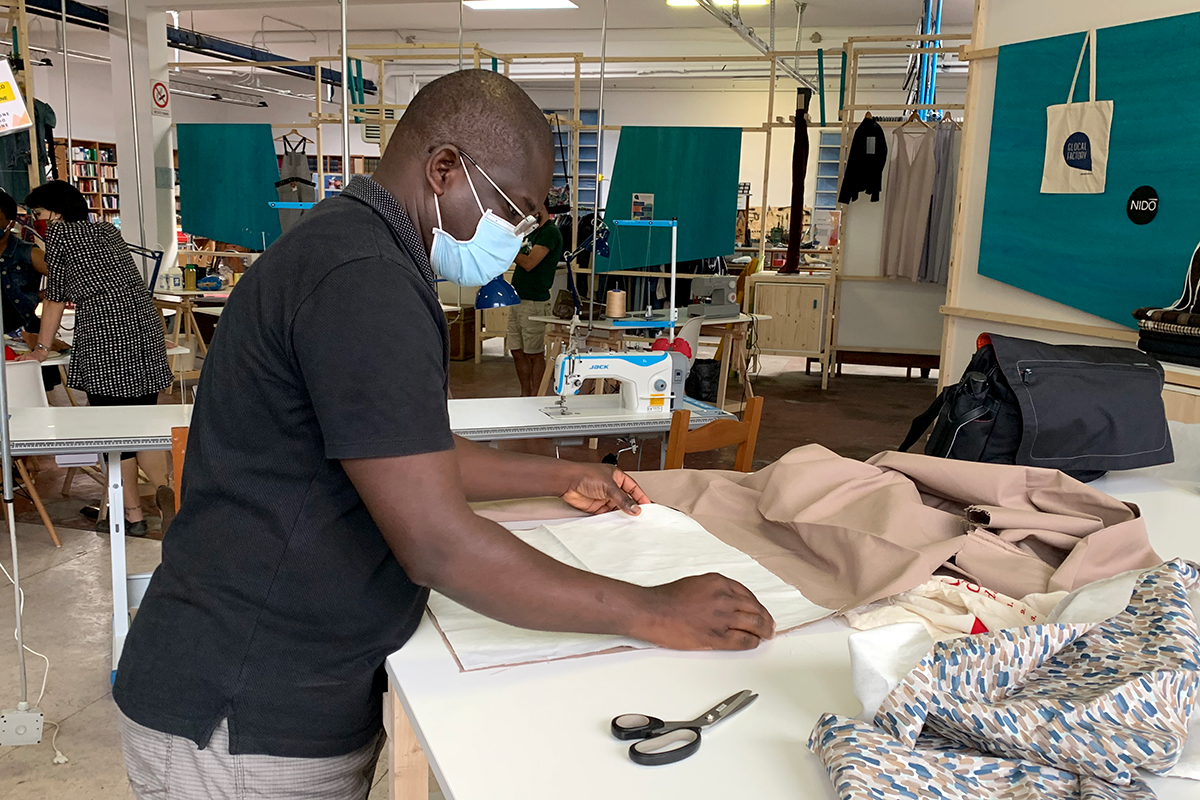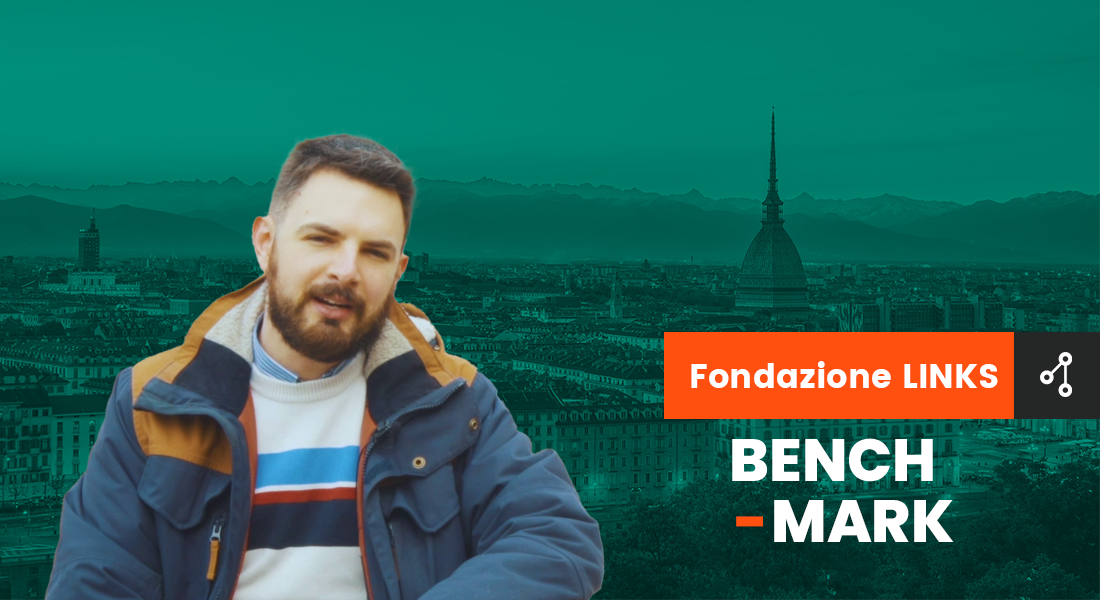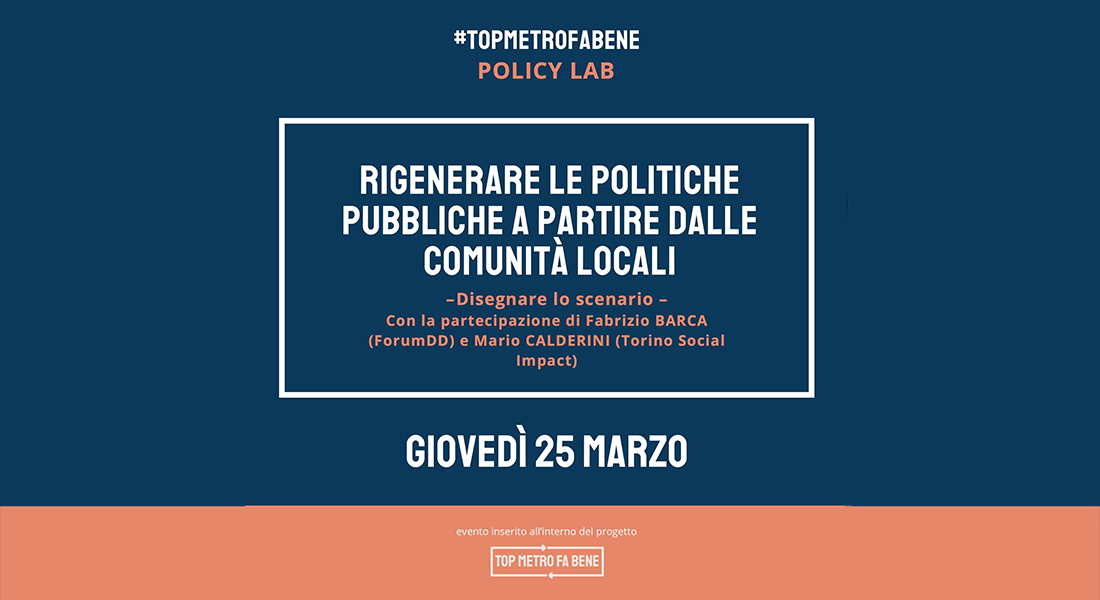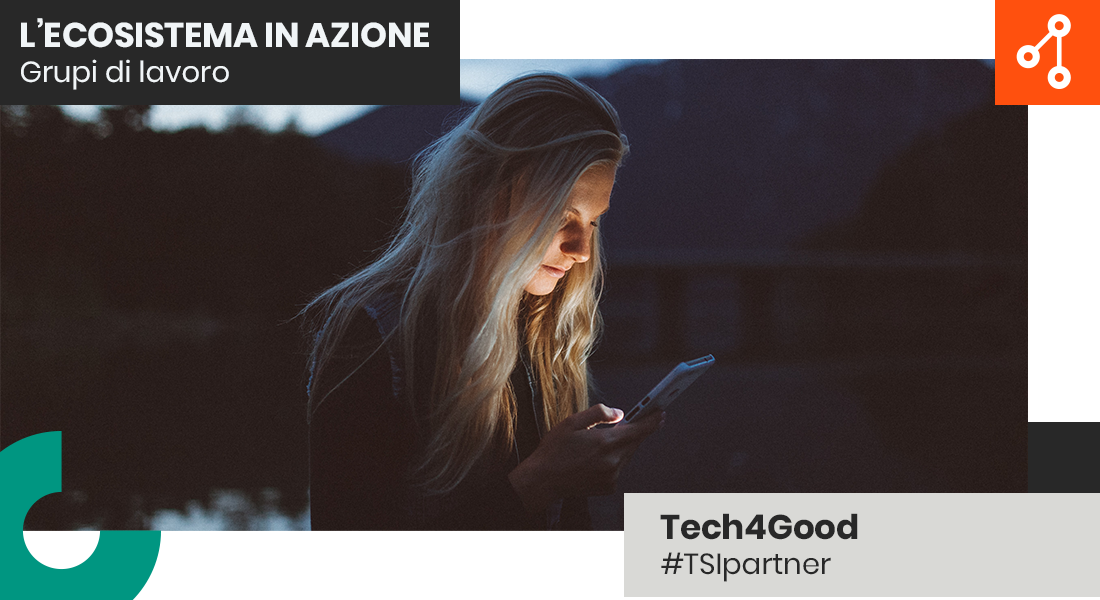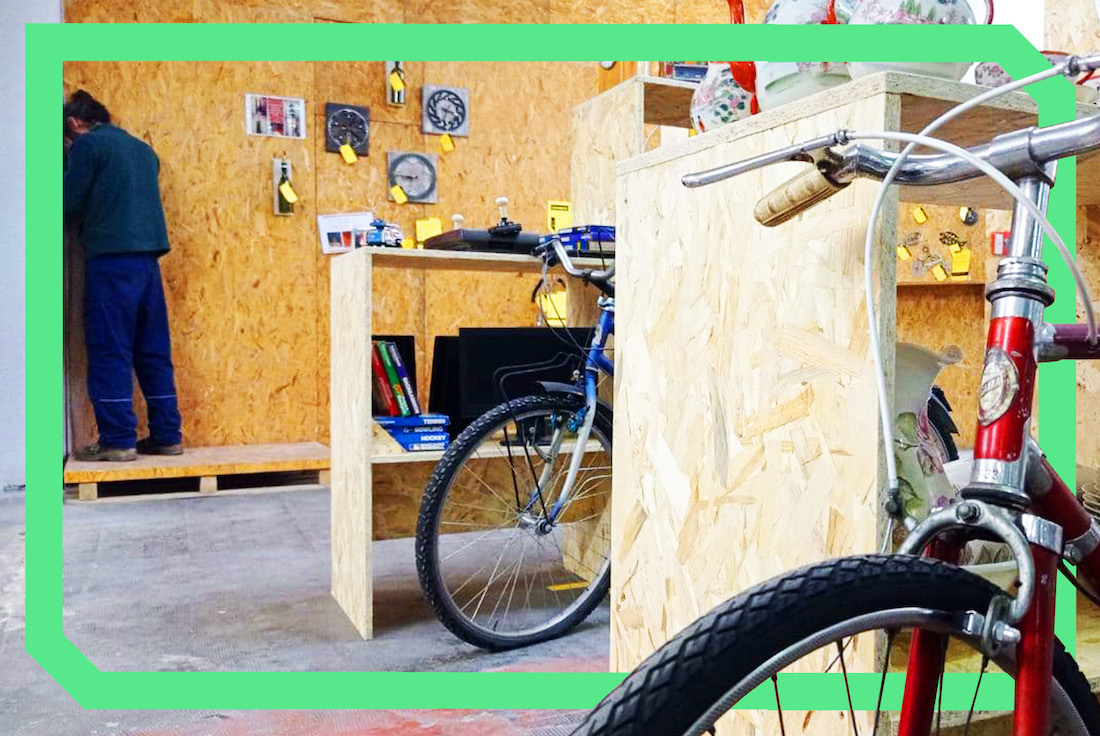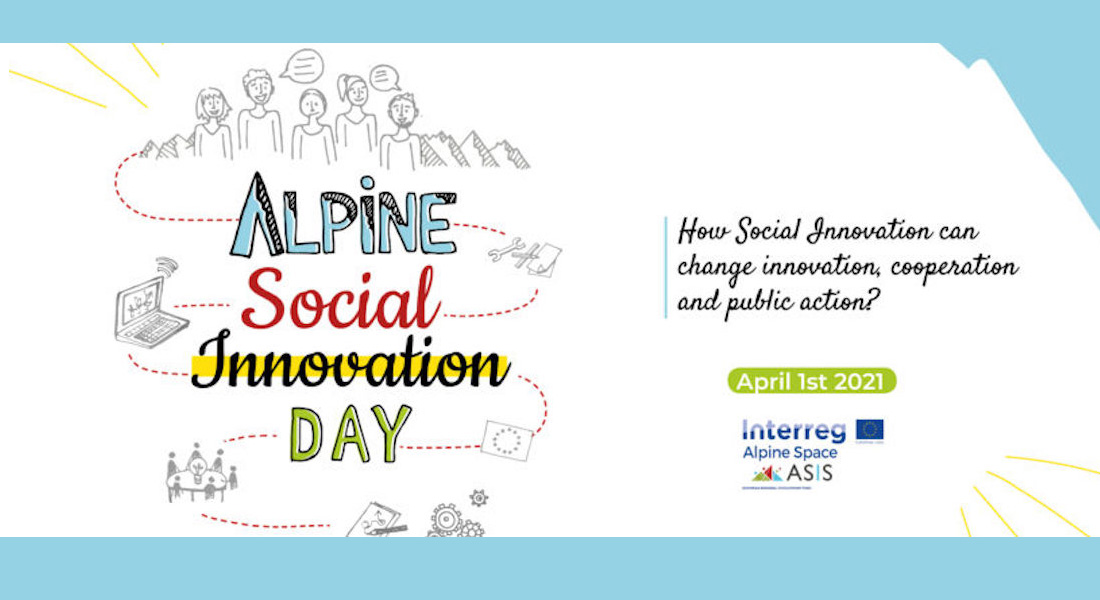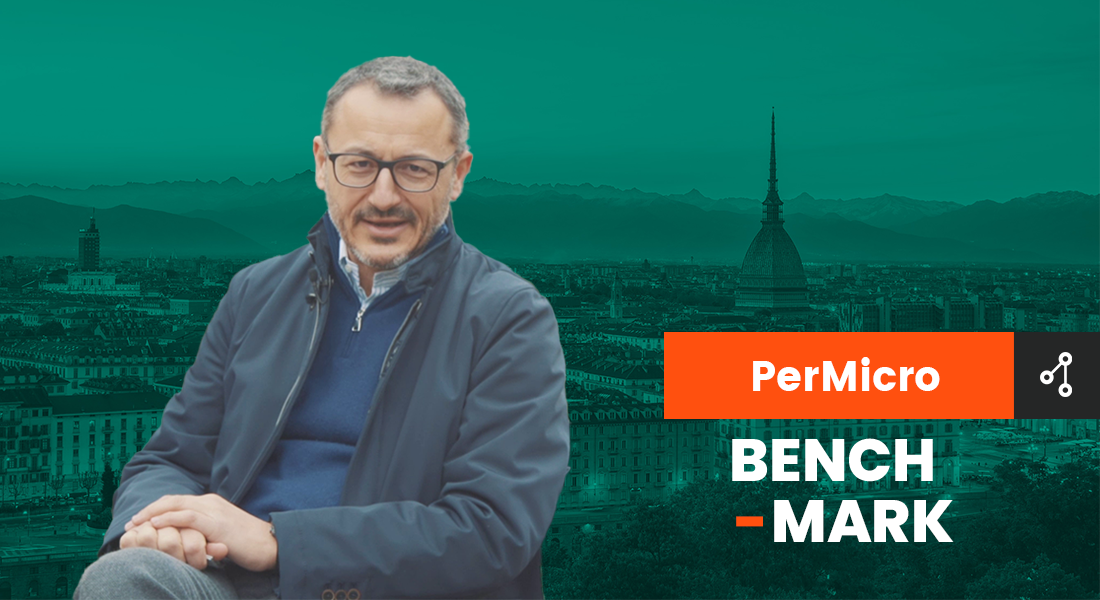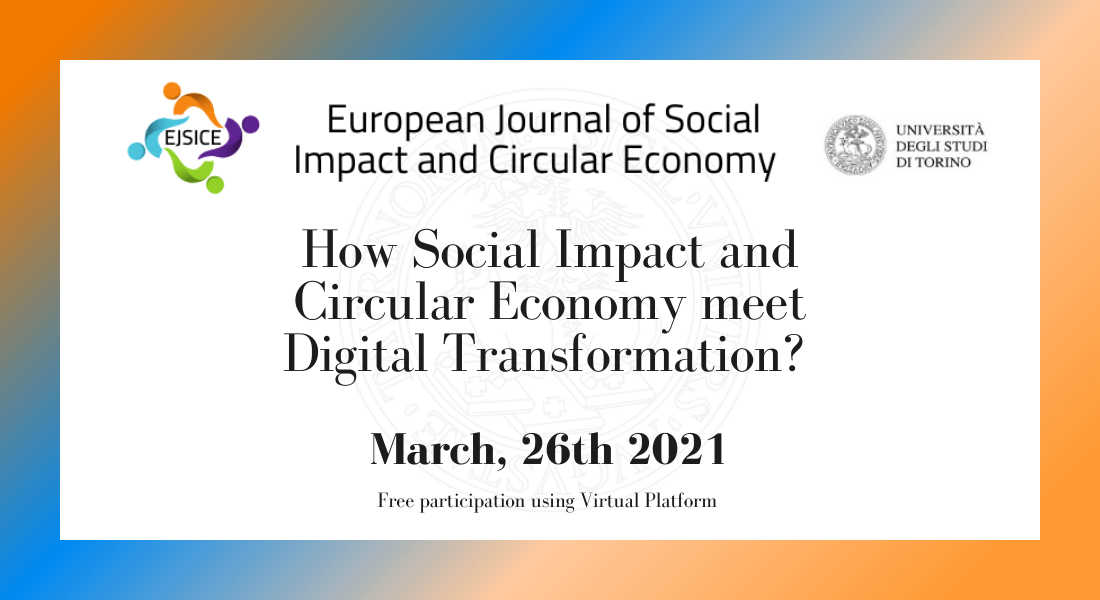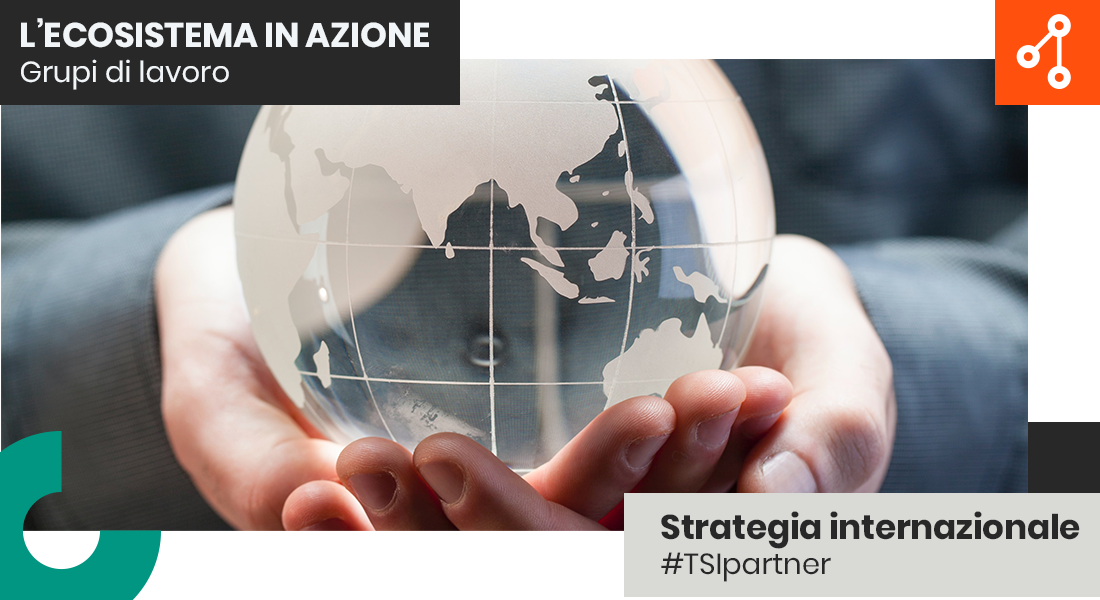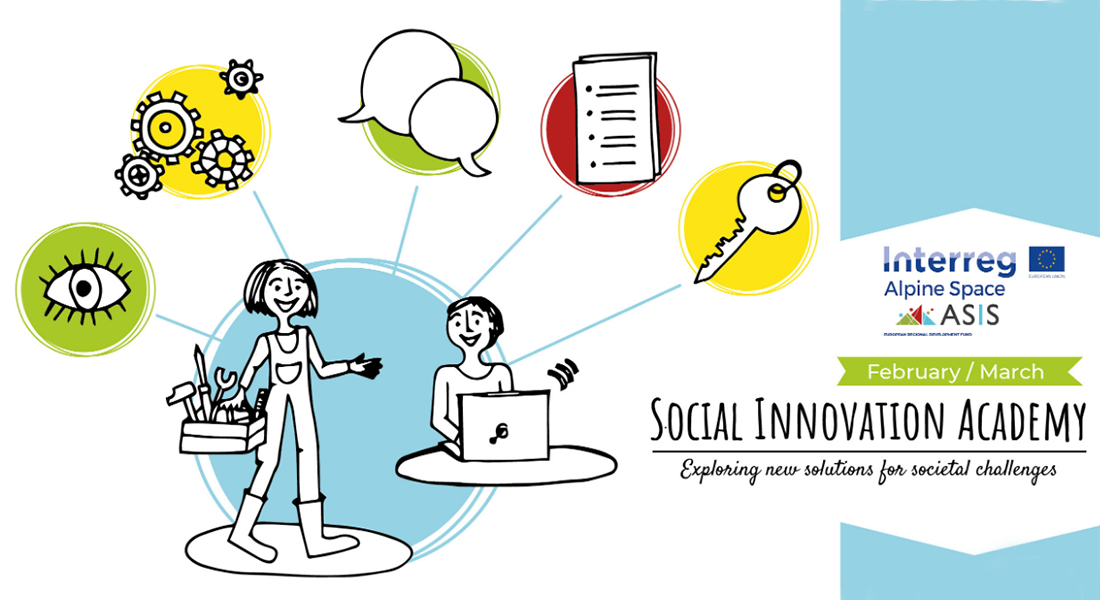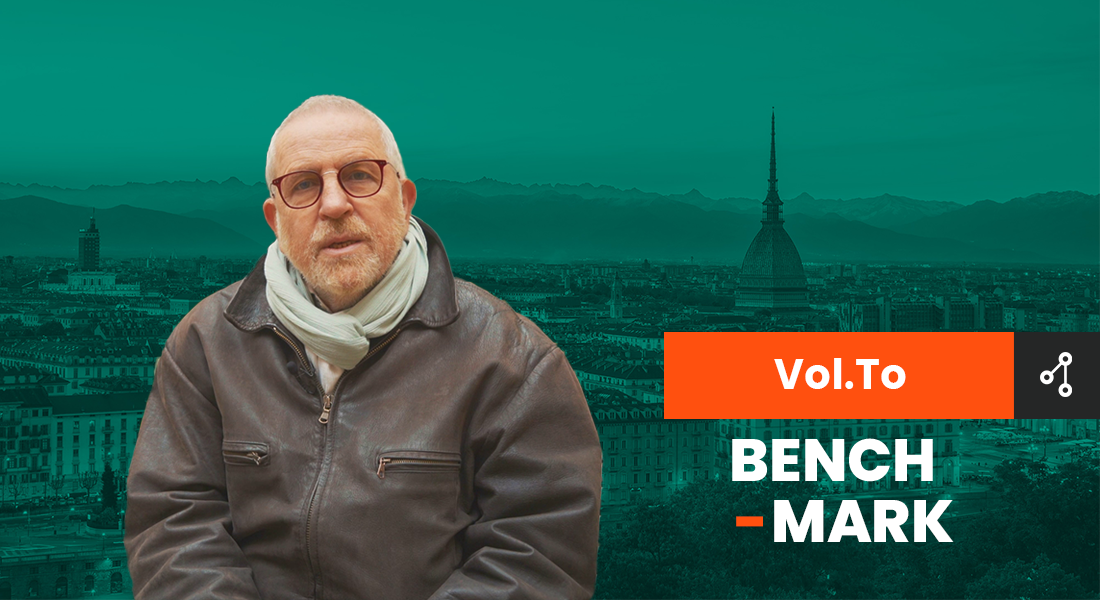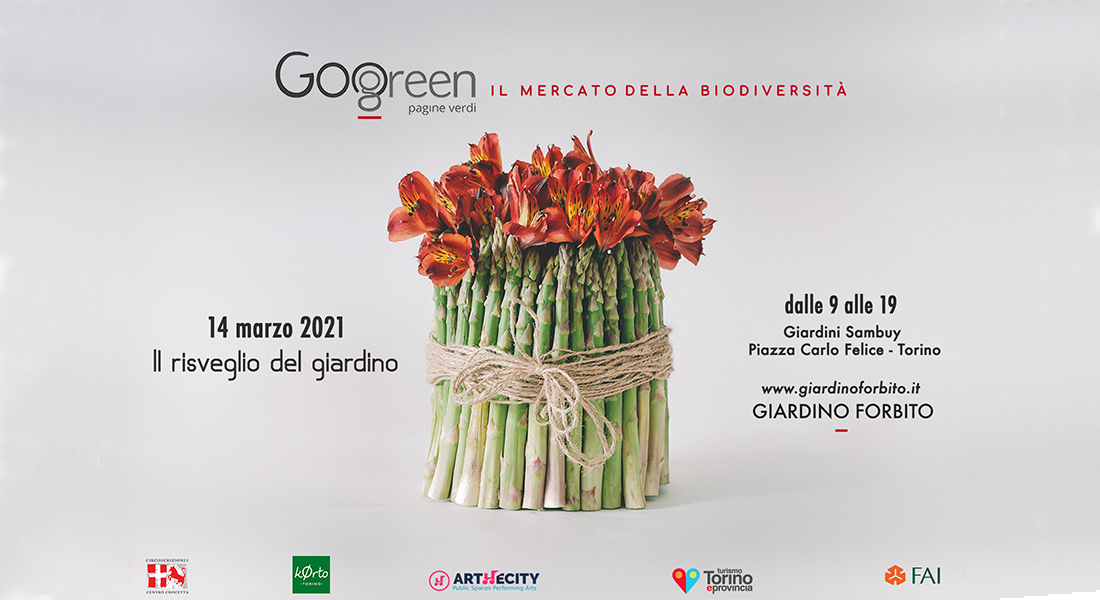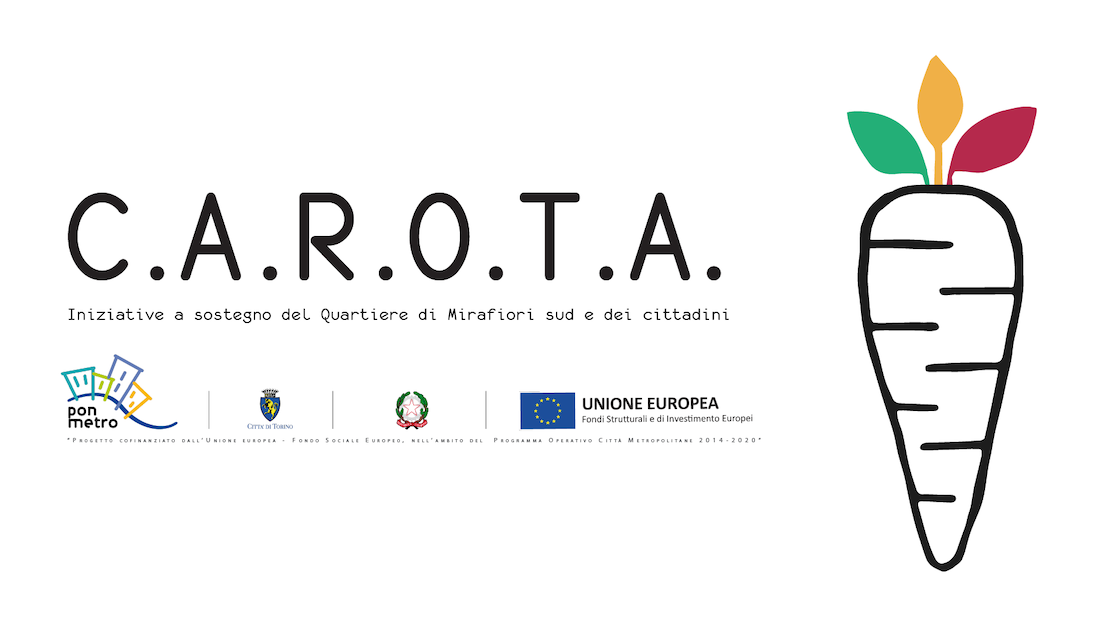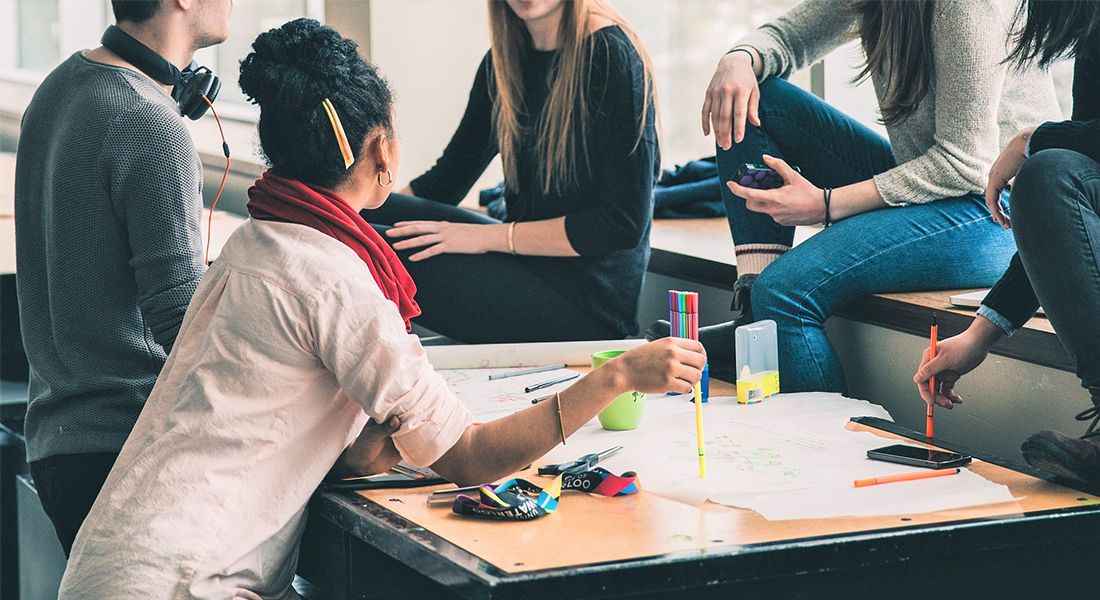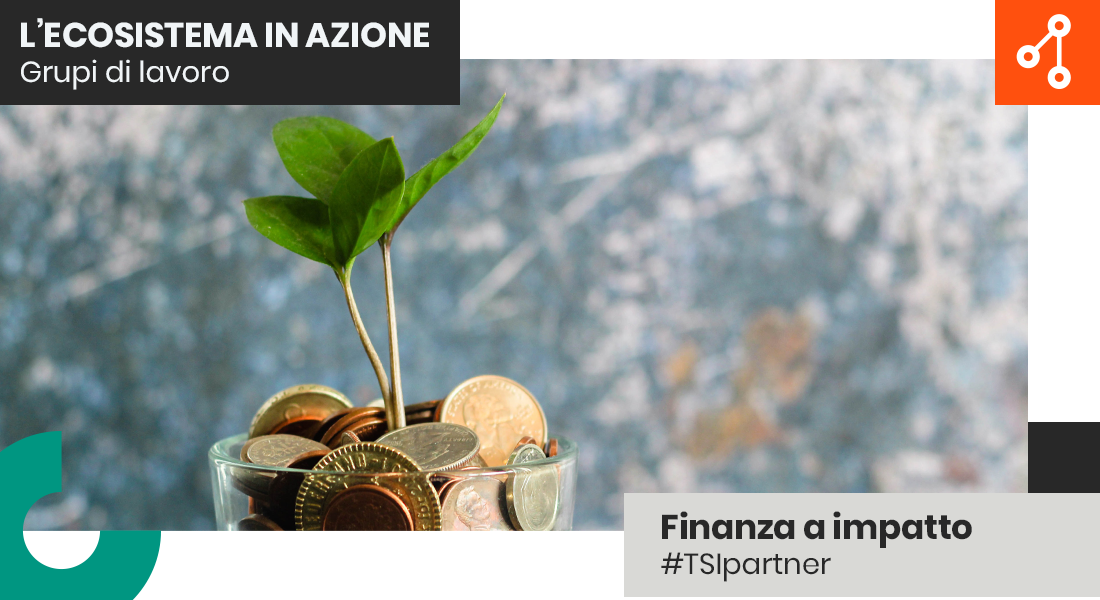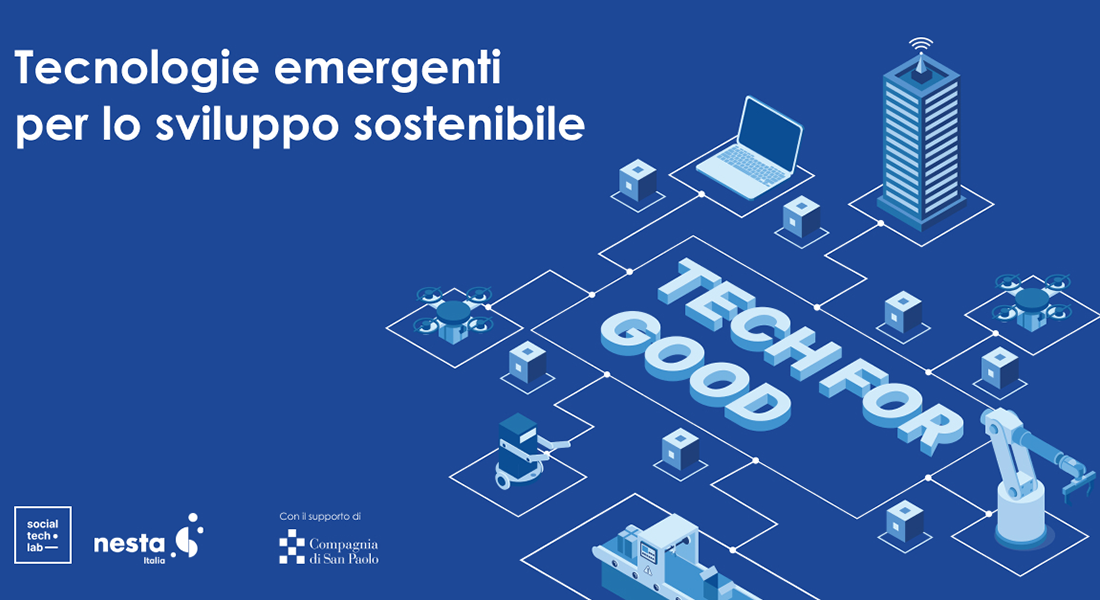Pioneerspost reports on the 10 impact events not to be missed in 2021. Among these is the Ashoka Changemaker Summit in Torino.
Esela – 8-31 March
The virtual conference run by Esela, the legal network for social impact, attracts lawyers, businesses, investors and policy makers. Various online sessions will take place each week, focusing on impact investing, purpose-led business, environment, sustainability, business and human rights and ESG. The conference promises “curated networking”, knowledge sharing on legal structures and deals, and discussion of market developments.
Tickets for non-members are €207, or you can become a member of Esela from €20 per year.
Skoll World Forum – 13-15 April
The Skoll Foundation’s flagship event, the Skoll World Forum, gathers social entrepreneurs, innovators, thought leaders and artists from around the world to advance solutions to pressing global problems. Formerly held in Oxford, England and invitation-only, this year’s Virtual Forum is open to all and will focus on ‘Closing the Distance’, a theme that will “examine local and global divides” and how to mend them. This year, key speakers include Audrey Tang, Taiwan’s minister responsible for social innovation, and chef José Andrés, founder of World Central Kitchen.
Registration for this 18th edition is free and more information will follow in the coming months. Check the Frequently Asked Questions page for details.
Impact Summit – 19-20 May
Scotland’s Impact Summit is for anyone from business, government and education who’s interested in a values-led economy. Head to the website on 19-20 May to find talks focusing on people, the planet and technology, with leaders from Yunus Social Business, Ben & Jerry’s Europe and ethical search engine Ecosia. There are also chances to network and explore exhibitor stands in a virtual marketplace.
This year Impact Summit is operating a ‘pay what you can model’, with suggested fees from £10 to £100.
ChangeNow Summit – 27-29 May
The ChangeNow Summit promotes itself as a space to discover, test, and discuss innovations and solutions to urgent global issues. Speakers this year include civil rights activist and co-founder of New York’s Black Lives Matter movement Chivona Renée Newsome and economist and co-founder of Doughnut Economics Action Lab Kate Raworth. There’s the opportunity to visit The World Expo for demos of innovations for the planet, as well as numerous networking events.
The summit will take place over three days in the new Grand Palais Ephemere in Paris, but full digital access is also available.
Early bird tickets for digital access are €90 until 31 March, and €90-€250 for in-person attendance.
Social Enterprise World Forum – September/October
The Social Enterprise World Forum typically draws thousands of social entrepreneurs and innovators from across the globe, moving to a new location each year. It went online for the first time last year, and in 2021 will run four separate events throughout the year.
The main World Forum is planned for September or October, with plans for a hybrid online and face-to-face event. SEWF is partnering with Common Good Solutions in eastern Canada as it spotlights the country, with key themes including climate change, young people, social procurement, economic recovery and indigenous social enterprises.
Other events include SEWF Policy Forum on 27-28 April, the SEWF Rural Forum on 8-9 June, and the SEWF Academic Forum in November.
More details on all these events coming soon – keep an eye on SEWF’s website.
Ashoka Changemaker Summit – September-December
Another hybrid event, the Ashoka Changemaker Summit takes place in Turin in December, with online sessions and networking taking place online beforehand, from September to November.
The focus will be on unlocking the potential for change in the areas including children and youth, climate, technology, gender and diversity. Sessions aim to promote learning and building trust, and are targeted at leaders from business or philanthropy looking to expand the impact of their organisation or portfolio, as well as the global Ashoka community of social entrepreneurs and their support network.
GSG Impact Summit – 6-8 October
The annual GSG Impact Summit – hosted by the Global Steering Group for Impact Investment – was due to take place in South Africa last year, but like many, took place online instead. The summit attracts impact entrepreneurs, investors and intermediaries, and last year had more than 1,500 participants from 73 countries.
This year’s event, again online, will discuss “the best impact initiatives and real-world examples”, and share “practical tools and solutions to empower and inspire”, according to GSG. Keep an eye on their website for more information to come.
Socap – 18-22 October
San Francisco’s Social Capital Markets conference is online again this year. It’s for social entrepreneurs, investors, foundations and policy makers wanting to explore impact investing. Attendees (5,000 are expected) can follow live and pre-recorded sessions, attend an interactive marketplace and join networking meet-ups. Speakers and agenda coming soon.
Early bird tickets are available (until 29 May) for $199.
Social Value Matters – 20-21 October
Social Value International and Social Value Thailand are co-hosting Social Value Matters 2021, bringing together voices from impact investing, academia, policy making and corporate sustainability. After going virtual last year, the 2021 conference will be held in Bangkok, Thailand for those able to attend, in parallel with a virtual event for a global audience.
Looking at the rapid global response to Covid-19, the conference will focus on the power of communities to build back after the pandemic and solve the large-scale challenges that people and the planet face.
EVPA Annual Conference – 15-17 November
The European Venture Philanthropy Association’s Annual Conference will take on a hybrid form this year – with digital access as well as face-to-face attendance in Porto, Portugal (the original location of 2020’s event, before it was moved online).
This year will look at how “investing for impact” could be the “driving force behind societal recovery” from the pandemic. The hosts expect to attract around 700 social investors, entrepreneurs and practitioners from Europe and around the world.



